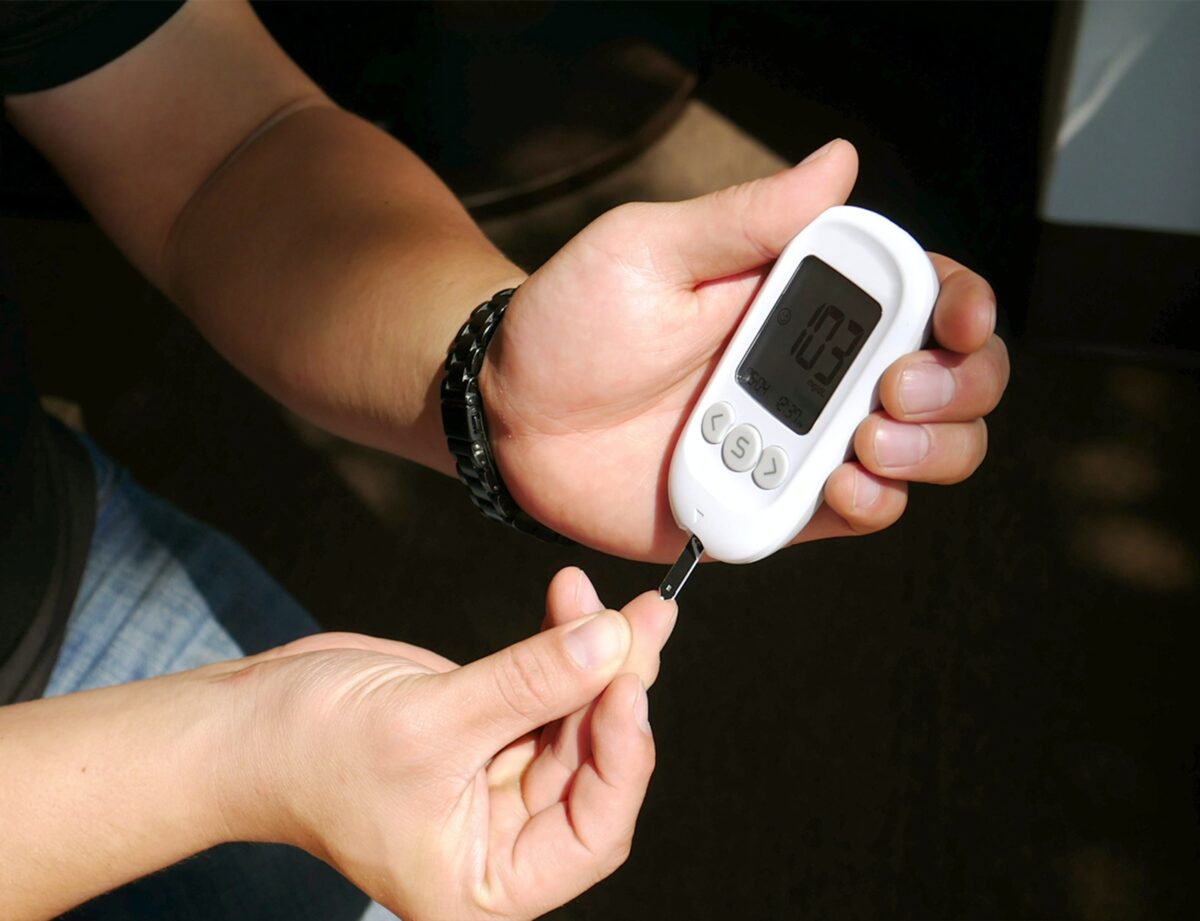Diabetes isn’t actually inherited. However, you do have a greater risk of developing the disease if there’s a family history of diabetes. People are bombarded with diabetic-related data – and not all of it is accurate. For instance, new research has revealed that development of the disease can be an autoimmune response triggered after contracting a virus. Additionally, diabetes doesn’t go into “remission.” It’s just tightly controlled
Genetic Component
There is a strong genetic link to the risk of developing diabetes. However, it’s not an inherited trait like eye color or blood type. There are genes that can be passed on to offspring that increases the risk of developing the disease, but that doesn’t automatically mean that diabetes is inevitable.
THADA and KCNQ1
Researchers say that the risk of developing diabetes is related to the THADA and KCNA1 genes, with THADA being dominant. THADA comes from the mother. KCNA1 comes from fathers. Those receiving the KCNA1 gene are less likely to develop the disease.
Environment and Lifestyle
Diabetes is a complex disease. People with no family history are also diagnosed with diabetes. In those instances, medical professionals say it’s related to environmental elements and lifestyle habits. Those can include a diet high in carbs and low in fruits and vegetables, Feeding the body more energy than it expends can lead to weight gain that can exacerbate the risk of diabetes.
Interesting Findings
The increase in the number of people being diagnosed with diabetes has resulted in more research into the disease with some surprising findings.
- Diabetes is more likely to develop during winter months.
- The disease is more common in cold climates.
- It’s more prevalent in people that were breast fed.
- Individuals with diabetes are at a greater risk of developing a form of dementia.
- 1 in 10 people have diabetes, but half of that number don’t know it.
Even with increased risk factors, diabetes isn’t a foregone conclusion. The medical community continues to discover more about the disease, its causes, and preventative measures.
We Buy Unused Diabetic Test Strips and Supplies
If you would like to find out about earning cash for your unwanted, unused, and boxed test strips, complete our online quote form today.
If you have extra, unopened and unused boxes of diabetic test strips – whether you have switched brands, no longer need to test or test less frequently, or have a loved one who has passed away – don’t let them gather dust until they’ve expired and end up in the trash. We’re the best place to sell diabetic test strips online, and if you want to sell your test strips, we’re here to make the process easy and enjoyable!
Visit us at Sell Your Test Strips and get your free quote today!

